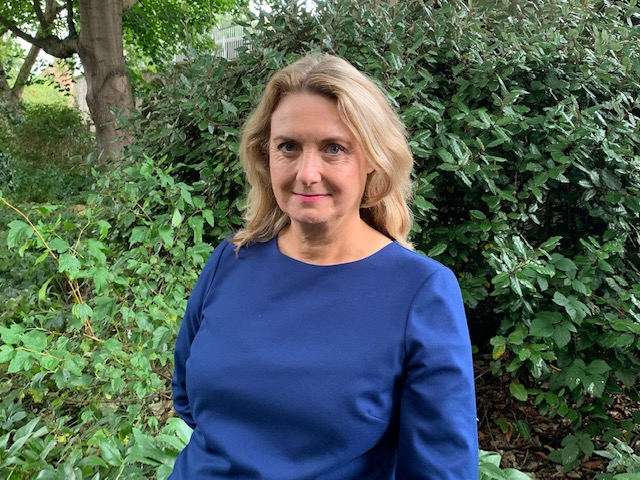Christmas Farming Family Fall-Outs
Few things are more disconcerting than being told at Christmas, or any other time, that you don’t own something you think you do.
In a farming context, this may cover a wide range of situations. For example, a dispute over whether farming assets are owned by an individual, or a farming partnership. In a succession situation, ownership disputes often relate to disputed inheritance of land. “To avoid misunderstandings, often created many decades ago, it is usually best to hold frank conversations, as early as possible, and, above all, write things down,” says Julie Bradwell. Associate in the Litigation Department at Ware & Kay in York, Wetherby & Malton. “The use of professionals particularly accountants, solicitors and others is very often invaluable in preventing later potentially catastrophic disputes amongst farming families”.
However many people, even some solicitors, do not realise that a Will is not necessarily sacrosanct.
The testator/testatrix may think their Will makes the final decision on who, in future, will or will not own the farm. The Inheritance (Provision for Family and Dependants) Act 1975 gives a right for certain parties, including children of the deceased, spouses and former spouses, cohabitees, and those claimed to be maintained by the deceased immediately before death, to bring what might be a sizeable claim against the estate. This leaves beneficiaries under a Will unclear, what, if anything of the farm, they will inherit until the court decides who owns the farm estate.
Also it is not uncommon for a person, disappointed by their inheritance, to bring what is known as a Proprietary Estoppel claim. This typically means they allege that the deceased made promises, often decades ago, that they would inherit the farm outright, on their parent’s death and claim, decades later, they relied on that promise to their significant financial detriment. The detriment may take the form of, for example, lack of accommodation, previously provided on the farm, on the death of their parent, having left all or the majority of the farm to other family members.
There may therefore be a claim, that had they not been misled by their parent over decades, they would otherwise have bought their own home and, by now, be mortgage-free and, could have otherwise have established a career elsewhere than on the farm. Instead, they allege in reliance on the promise of inheritance, they supported the farm by their labour etc, to their significant financial detriment on the death of the farm-owner, who let them down and are now sorely aggrieved.
There is no substitute for honest transparent discussions with key family members and potentially business partners, after taking timely professional advice to seek to avoid such problems and potential disputes in future years.
It is not just in the world of business or sibling relationships that there are ownership traps for the unwary. It is no longer sufficient not to marry to avoid lack of certainty over property ownership, in the event of relationship breakdown. An ex-cohabitee or romantic partner may, in certain circumstances, dispute or claim a percentage ownership of property, decades after a verbal understanding.
If you are, unfortunately, facing these issues in your family or farming business and wish to seek some initial legal advice Julie Bradwell can be contacted at Ware & Kay, York 01904 716000, Wetherby 01937 583210 or Malton 01653 692247 or email julie.bradwell@warekay.co.uk.
Contact us
 York -
01904 716000
York -
01904 716000
 Wetherby - 01937 583210
Wetherby - 01937 583210
 Malton - 01653 692247
Malton - 01653 692247
 Get in touch
Get in touch

